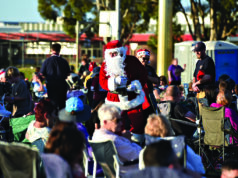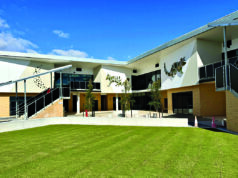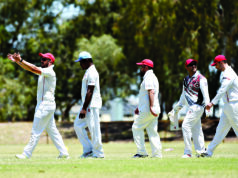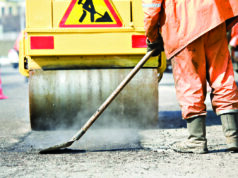The state government could employ the powerful economic regulation authority (ERA) to review ‘unacceptable’ rate rises according to Local Government Minister Tony Simpson.
Mr Simpson told councils about the plan at the WA local government’s association (WALGA) annual general meeting today.
City of Armadale residents vented their fury about their rates on a number of facebook sites across the city with most indicating rates were more than $2000 with some homes receiving rate bills of almost $4000.
Mr Simpson said on average rates had been rising eight per cent annually over the past decade and he wanted to work with the sector to improve transparency.
“These are unacceptable increases over the years so what I’m saying during local government week is that we need to work as a sector to resolve this issue,” he said.
“Getting a third body, and that would be the economic regulation authority, to review local government increases is an option on the table.”
Mr Simpson did not confirm whether the state government would look at rate increase caps but did mention using a local government pricing index to steer rates.
“The other (option) on the table is instead of using the consumer price index, is maybe a thing called the local government index, which is another tool in the box to work out how you increase rates.”
Mr Simpson said he wasn’t pushing for an inquiry.

“I’m going to get the sector to work with them and then come up with a solution,” he said.
At the meeting he told councils he would look at expanding the auditor general’s powers to audit councils.
He said while he had no power over it he was also concerned at how the valuer general worked out gross rental value (GRV), the base figure of a property used to calculate its rates.
“Some of them are getting a GRV of $26,000 to give you context, my house in Byford is on $18,000 that’s nearly $8000 a year more,” he said.
“I don’t know if anyone has challenged the valuer general how he came up with that but I’m not quite sure.”
Armadale mayor Henry Zelones said he would seek WALGA’s support to gather data on rate rises that could be attributed to decisions made by the state.













